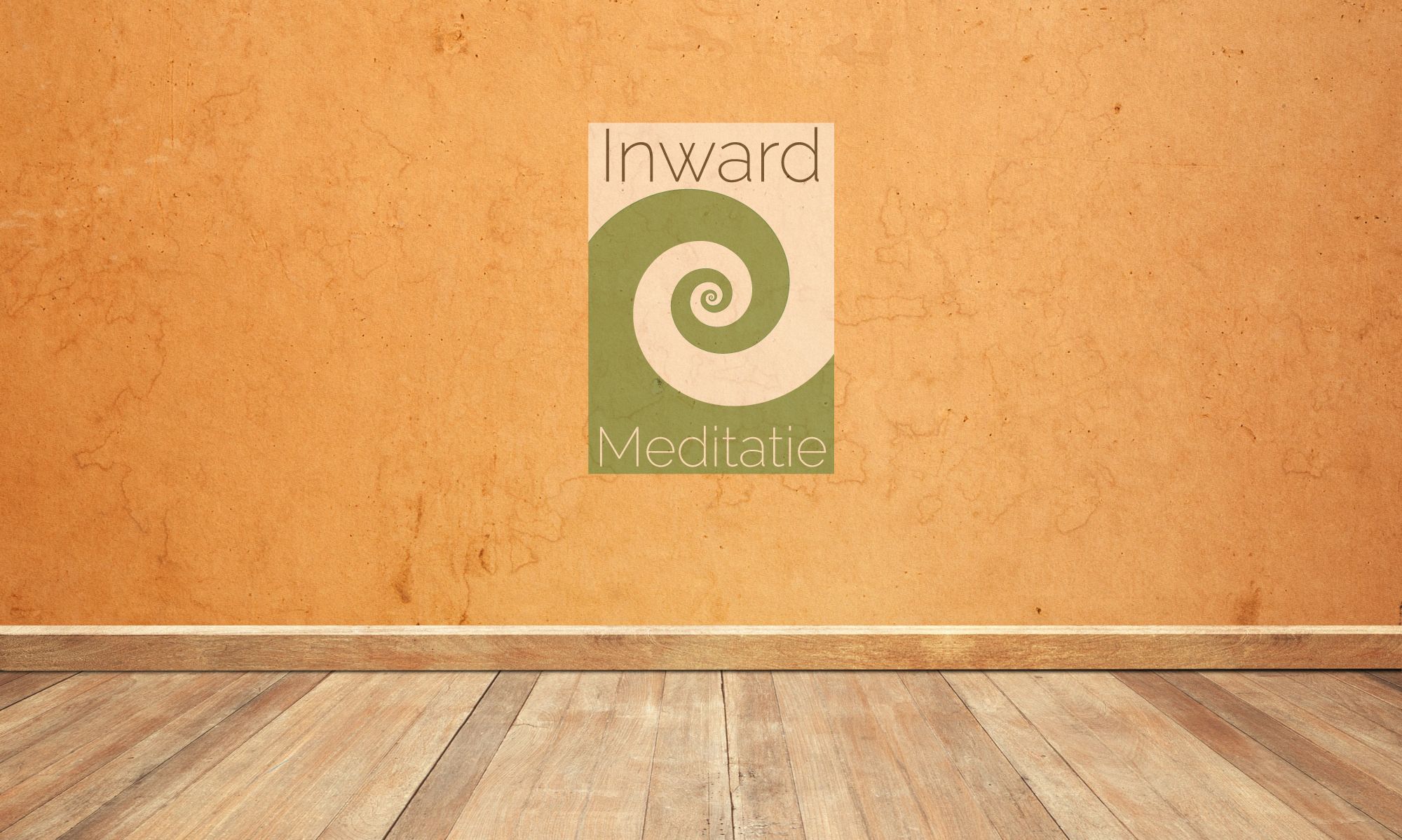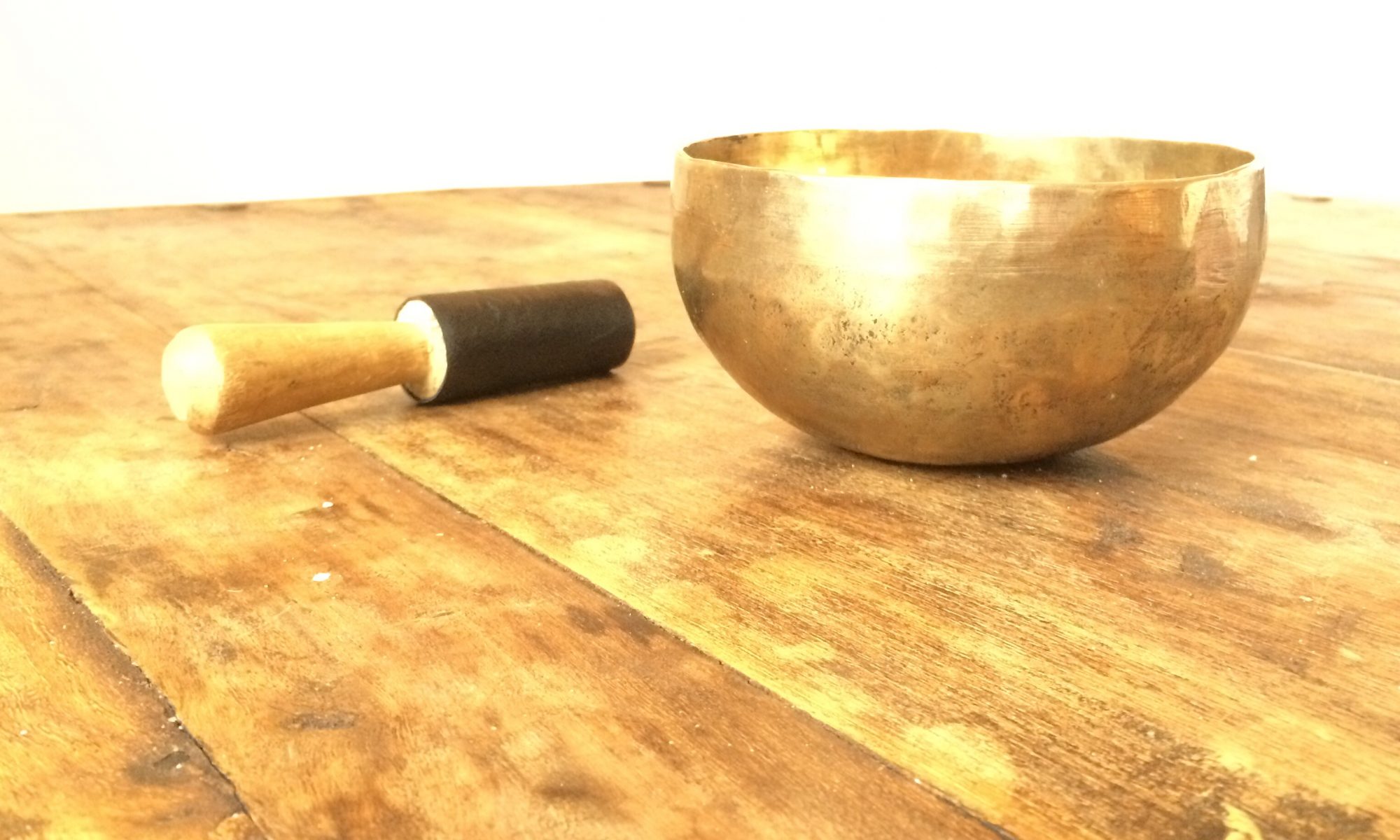This article will survey the benefits of mindfulness practice for scientists. Through embracing the knowledge that mindfulness fosters, you can become smart about how and where to exercise your intellectual abilities, thereby further honing that skill. This way, practicing mindfulness results in happier lives.
OK, so let’s jump right in. What is mindfulness? Is it a fuzzy, hippy practice that dovetails with free love, cannabis and incense to make you Big Lebowski-like detached? Is it a flight from reality into a non-threatening space of non-judgement, non-competition and so-called “freedom”? Is it a semi-religious practice, weakly associated with the radical fringe of spirituality that believes in aliens, angels and conspiracies?
The truth is that mindfulness practice can be all of those things, too. At its heart is an inward journey that can be rigorously explored with an attitude of curiosity. But the practice can also be used to zone out and evade your real issues. Pursued in that last way, it is not much different from toking up, having another drink, or binge-watching a season of your favorite TV show.
But if you look closely at the finest teachings, purportedly handed down for the better part of three millennia, you’ll find that there is a navigable path to genuine knowledge here. OK, so you’re a scientist, and I hear you, you’re already on a path to knowledge, and a much more recent one at that. I mean, look around, everything is science right?! So why would you, as a scientist, be interested in cultivating mindfulness as a mental quality?
Tell me if any of this sounds familiar to you. Perhaps you tend to be overly critical of yourself and your achievements. Perhaps there are times when you just can’t stop worrying, fretting about some future scenario that may or may not come to pass. Perhaps there is an undercurrent of unhappiness in your life that colors every single experience you have, and it seems mostly outside of your control. Perhaps there is the constant urge to compare yourself to others, being overly critical of them when they don’t seem to measure up, or of yourself when the comparison results in envy. Perhaps there is an underlying feeling of lack that pervades many of your thoughts, actions and words, and that seems to never really go away for long.
This article will make the argument that these “perhapses” are common side-effects of the unthinking application of reason to areas of your life that really are not very suitable for intellectual manipulation.
Let’s say that reason is one way to know the world. Knowing the world through reason entails slicing it up, in order to better peer inside phenomena that seem obscured or out of focus. To slice things open, you use a knife, and if you’re a scientist, I’m betting that yours is a sharper-than-average knife.
Usually, this process works great. Science has brought us many benefits. Things go wrong, however, when the sharpest tools in the shed are brought to bear on processes that thrive on unity. Processes that in fact function optimally when this unity is coherently supported. Happiness and love are such processes. The inner life of a person, in general, can be viewed as such, and so can many intimate relationships.
To a person with a hammer, everything looks like a nail. If your basic way of looking at the world is through the lens of problems to be solved by applying reason, as we’re taught to do from an early age, then why wouldn’t the problem of your unhappiness be solvable with reason? But have you ever tried it? Exactly, it does not work. Not only does it not work in any reliable way, it transfixes humans into a state of constant competition with others for the same scarce resources that we think we need to be happy and safe. Just playing that scenario out in the mind, juxtaposed with current world developments can be enough to send shivers down your spine.
Reason breaks things up into ever-smaller pieces, to be examined, in order to diagnose the problem and then to fix it, also through reason. Let’s say you’re unhappy. Using reason, as in the science of happiness, you might deduce that your unhappiness stems “mainly” from a lack of meaning in your life. Which is to say that you should probably join a religion of some sort. Which is unhelpful, and probably not the problem, seeing as there is already a coherent paradigm in your life – you know, the reason-based one – which is likely to butt heads with the religious paradigm if you should attempt to join an established religion.
Meaning is not the problem. It is your untoward application of reason to everything under the sun that is out of whack with what works. Mindfulness can get you in touch with a more holistic way of seeing, that beautifully complements the scientific way of knowing.
Let’s take beauty as another example. There is nothing that halts an experience that touches you deeply, a piece of music for example, or a sculpture or painting, quite as fast as when you start to analyze it. The experience of beauty is a unitary experience, just like love and happiness. Applying reason to it breaks it apart, destroying the experience of beauty in favour of understanding where it might have come from. It’s perfectly fine to analyze beauty, but – and this is the key point – you should do it with your eyes wide open. Not in some misguided attempt to conserve, recreate or somehow catch the experience of beauty.
Right now, reason is the dominant way of knowing the world, bar none. And it is right that it should be so. Nevertheless, it is not perfectly and efficiently applicable to all human experience, especially one’s inner life. However, we are never taught this, which is inherent in the nature of dominant paradigms – they tend to be greedy, monopolistic processes.
My suggestion would be to be smart about how you use your toolset, especially when your tools are of the utmost quality. Use reason to know the world of matter, relationships on a grand scale, et cetera. And use something else to know your inner life, and to inform your relationship with yourself and your loved ones. This something else can be the experience of love and beauty. For many people, that is too big of a leap to make right away. Which is why it can be helpful to start practicing mindfulness, which is a graduated path to the experience of unitary insight (a.k.a love).
Why would you do it? Aside from being a great question, as “why” questions usually are, it is also easy to answer. There are three reasons.
First, developing mindfulness acquaints you with a mode of knowing that is more wholesome and more conducive to solving the problems of the inner life. You can be happier, experience more love and more beauty in your life by diligently practicing mindfulness.
Second, to become smarter about when and where to apply the tool of reason. Right now, you only have one tool, and it’s being used ALL the time. If it doesn’t work, as in the “perhaps”-problems outlined above, you’re shit out of luck. Having options is a good thing, all by itself.
And third, by not using it 24/7, your intellectual muscle has time to regenerate, uses less energy because it is not directed at tasks that are not suited for it, and consequently becomes better at what it does best. As an added bonus, if you got into science from a place of curiosity, this new exploration is just another application of that same curiosity, giving you a brand new tool to play around with.
Now don’t expect all these results to materialize within a month of starting these explorations. You’ve been cultivating your critical mindset for a long, long time. That habit can and does weaken, but it weakens gradually. Allow yourself that time. We opened by dissing Jeffrey Lebowski, so let’s now end on a conciliatory note: abide…

